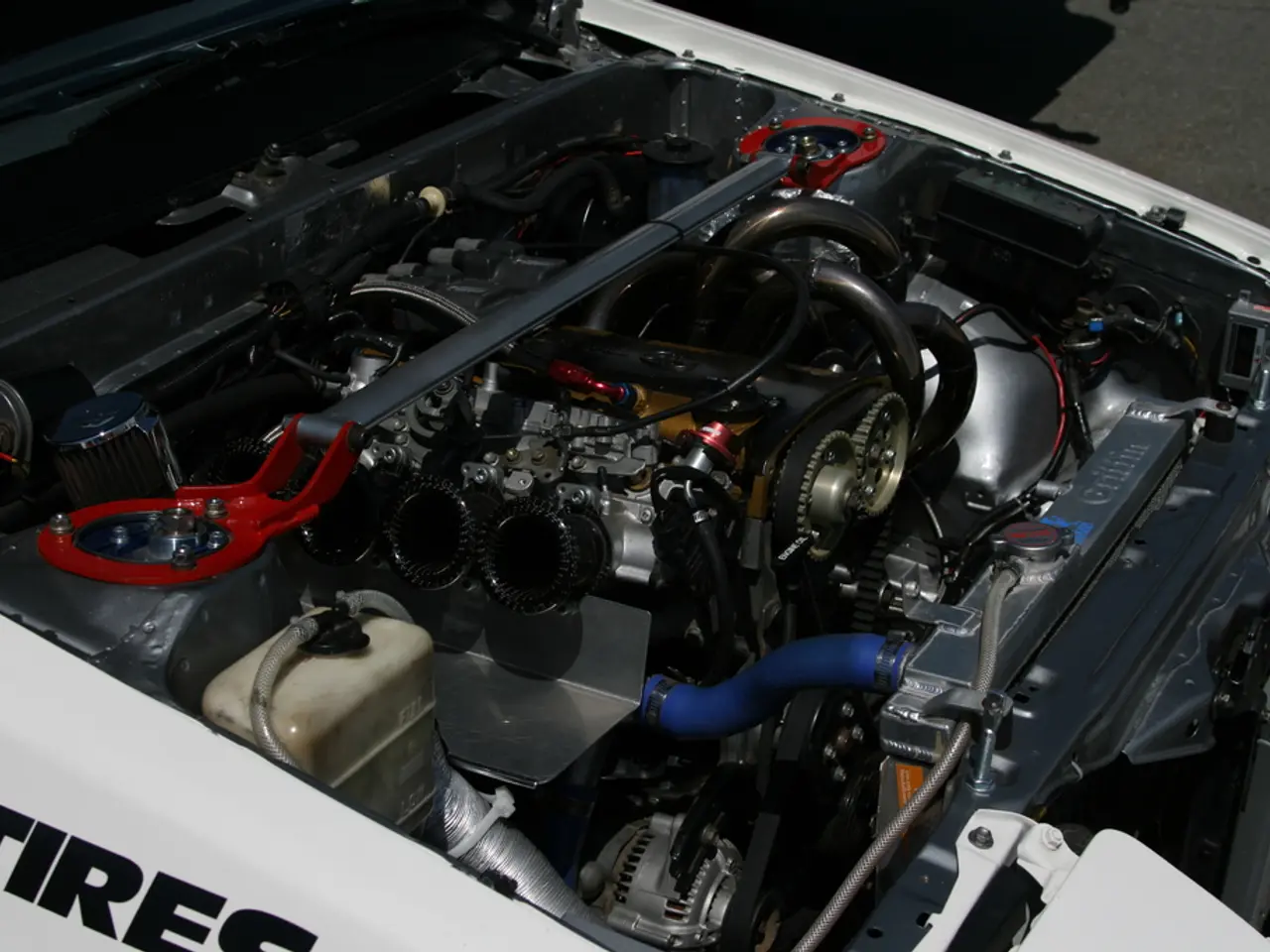Trinity Dublin Team Advances Clean Energy with Promising Water Splitting Catalysts
Researchers at Trinity College Dublin are making strides in clean energy production. They aim to use renewable electricity to split water into hydrogen, which can then be stored and used in fuel cells. The team, supported by the Irish Research Council and the Irish Centre for High-End Computing, has identified nine promising metal and ligand combinations for further investigation.
The primary challenge lies in the high energy required to break up water molecules and the inefficiency of current catalysts. To tackle this, the Trinity team, combining expertise in chemistry, theoretical physics, and artificial intelligence, is fine-tuning the recipe for optimal catalysts.
Initially, the team discovered that some reactive catalysts were previously underestimated, making the process more feasible. They have now significantly advanced their work, as published in Cell Reports Physical Science. Among the nine promising combinations, three metals - chromium, manganese, and iron - stand out for their potential in developing efficient catalysts. The team aims to create a database of 80,000 'screenable' catalysts to expedite the search for the best combination.
The Trinity College Dublin team is at the forefront of clean energy research. By identifying promising metal and ligand combinations and creating a vast database of catalysts, they are accelerating the development of efficient, earth-abundant catalysts for water splitting. This breakthrough could pave the way for widespread adoption of hydrogen fuel cells, powered by renewable energy.
Read also:
- "Eco-Scam": Unveiling the Truth about Electric Vehicles
- European transportation's sustainability and competitiveness rely on a "green industrial agreement" that serves the interests of both corporations and residents, as discussed in an Editorial from August 2024.
- Indian Oil Corporation's Panipat Refinery secures India's inaugural ISCC CORSIA accreditation for Sustainable Aviation Fuel production
- Porsche Macan Accelerates into Second Generation of Electric Power







